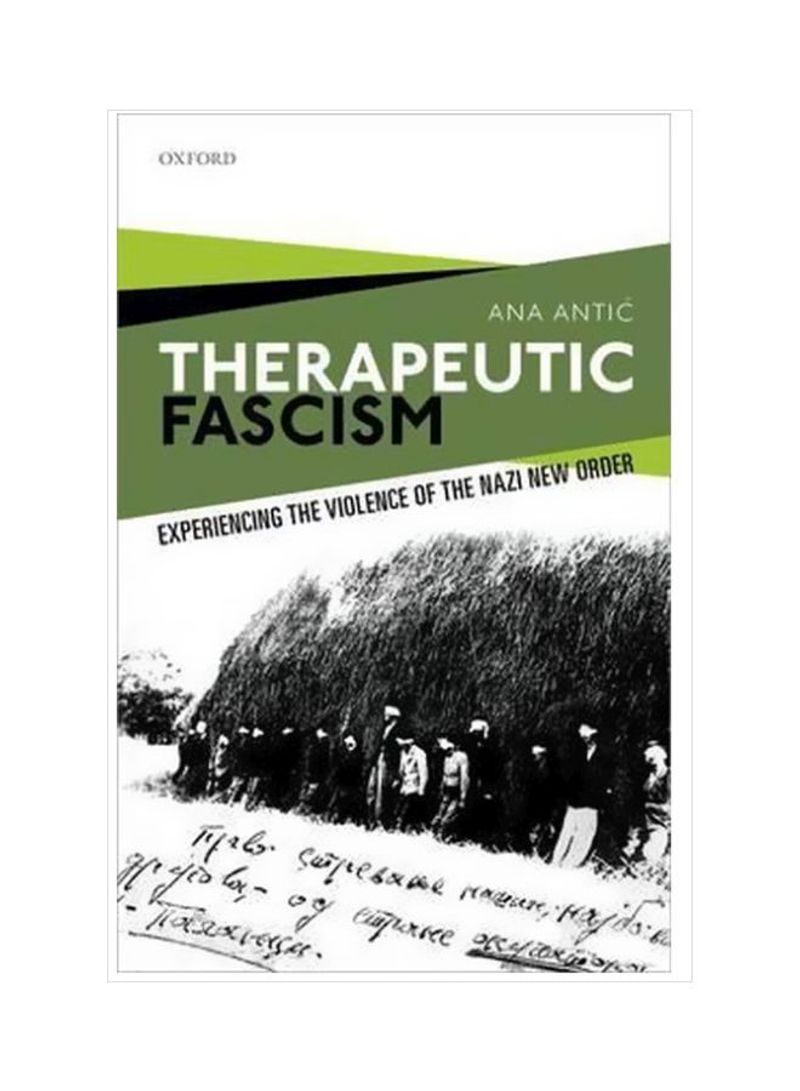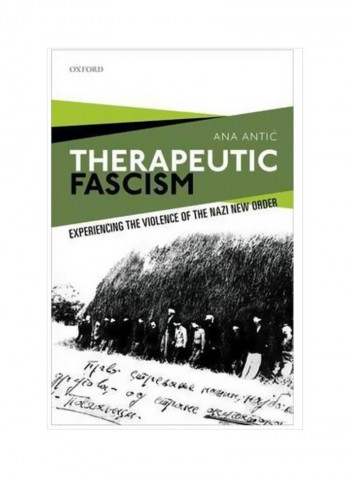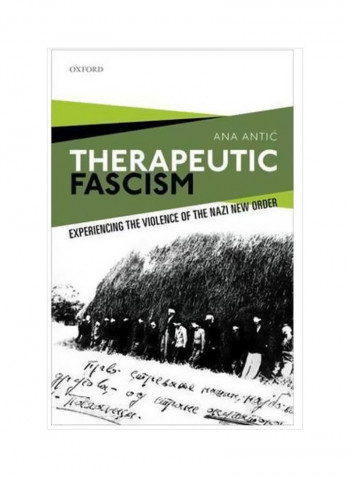Therapeutic Fascism: Experiencing The Violence Of The Nazi New Order Hardcover
Recommend
Sort by
Rating
Date
Specifications
Author 1
Ana Antic
Book Description
During World War Two, death and violence permeated all aspects of the everyday lives of ordinary people in Eastern Europe. Throughout the region, the realities of mass murder and incarceration meant that people learnt to live with daily public hangings of civilian hostages and stumbled on corpses of their neighbors. Entire populations were drawn into fierce and uncompromising political and ideological conflicts, and many ended up being more than mere victims or observers: they themselves became perpetrators or facilitators of violence, often to protect their own lives, but also to gain various benefits. Yugoslavia in particular saw a gradual culmination of a complex and brutal civil war, which ultimately killed more civilians than those killed by the foreign occupying armies. Therapeutic Fascism tells a story of the tremendous impact of such pervasive and multi-layered political violence, and looks at ordinary citizens' attempts to negotiate these extraordinary wartime political pressures. It examines Yugoslav psychiatric documents as unique windows into this harrowing history, and provides an original perspective on the effects of wartime violence and occupation through the history of psychiatry, mental illness, and personal experience. Using previously unexplored resources, such as patients' case files, state and institutional archives, and the professional medical literature of the time, this volume explores the socio-cultural history of wartime through the eyes of (mainly lower-class) psychiatric patients. Ana Antic examines how the experiences of observing, suffering, and committing political violence affected the understanding of human psychology, pathology, and normality in wartime and post-war Balkans and Europe.
Language
English
Publisher
Oxford University Press
Publication Date
3 January 2017
Number of Pages
272
About the Author
Ana Antic is Lecturer in twentieth-century international history at the University of Exeter. She received her PhD from Columbia University, and subsequently worked as a post-doctoral fellow at Birkbeck, University of London, on the project Reluctant Internationalists: A History of Public Health and International Organisations, Movements and Experts in Twentieth Century Europe. Her research focuses on the social and cultural history of modern Europe and the Balkans, history of war and violence, and history of psychiatry. She has published in Social History of Medicine, Journal of Social History, History of Psychiatry, East European Politics and Societies, and a number of other journals.
Editorial Review
Antic has written a remarkably original case study in the psycho-social impacts of sustained exposure to violence, both on traumatized individuals and on the psychiatric professionals who treated them as patients. Relying on an unusually rich record of patient files and case notes from wartime and immediately postwar Yugoslavia, Antic opens an unexpected window onto the mental and affective experience of everyday life in conditions of war, occupation and regime change, while also demonstrating the significance of this period as a key transitional moment in the intellectual history of psychiatry. The study stands out for its deft balancing of the ideological, social and professional dynamics at work in this period, and offers us novel and compelling perspectives on Yugoslavia's social and political history. * Comments from the awards committee of the Fraenkel Prize in Contemporary History 2015 * Antic's book tells of the violence and trauma of the occupation at the level of the individual psyche, through 949 psychiatric case histories across varied hospital archives. The files unveil not only the psychological impact of wartime occupation, but also people's internal conflicts about the political events surrounding them. They offer a unique insight into class, gender and political allegiances, making a striking, original contribution to the social history of Yugoslavia [...] This book...serves as a robust vindication of the importance of bringing these patient stories to light; restoring an aspect of experience to the historical record, from actors who would not otherwise be given a voice. Indeed, Antic eloquently shows us that it is imperative to do so, to fully document and acknowledge the effects of wartime violence upon the psyche. * Sarah Marks, Social History of Medicine * Antic's central thesis is that war revolutionized Yugoslav psychiatry from both the right and the left ... Antic makes a convincing case for Yugoslav psychiatric exceptionalism. * Dusan I. Bjelic, Slavic Review *



